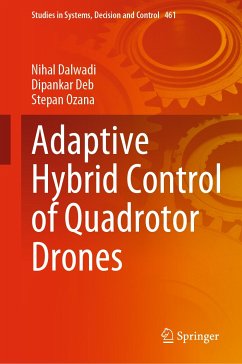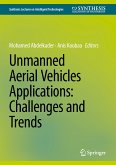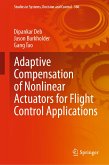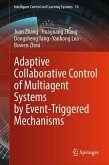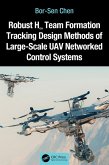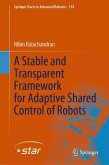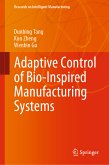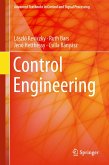This book discusses the dynamics of a tail-sitter quadrotor and biplane quadrotor-type hybrid unmanned aerial vehicles (UAVs) and, based on it, various nonlinear controllers design like backstepping control (BSC), ITSMC (Integral Terminal Sliding Mode Control), and hybrid controller (BSC + ITSMC). It discusses single and multiple observer-based control strategies to handle external disturbances like wind gusts and estimate states. It covers the dynamics of slung load with a biplane quadrotor and a control architecture to handle the effect of partial rotor failure with wind gusts acting on it. An anti-swing control to prevent damage to the slung load and a deflecting surface-based total rotor failure compensation strategy to prevent damage to the biplane quadrotor are also discussed in this book. The monograph will be helpful for undergraduate and post-graduate students as well as researchers in their advanced studies.
Dieser Download kann aus rechtlichen Gründen nur mit Rechnungsadresse in A, B, BG, CY, CZ, D, DK, EW, E, FIN, F, GR, HR, H, IRL, I, LT, L, LR, M, NL, PL, P, R, S, SLO, SK ausgeliefert werden.
Es gelten unsere Allgemeinen Geschäftsbedingungen: www.buecher.de/agb
Impressum
www.buecher.de ist ein Internetauftritt der buecher.de internetstores GmbH
Geschäftsführung: Monica Sawhney | Roland Kölbl | Günter Hilger
Sitz der Gesellschaft: Batheyer Straße 115 - 117, 58099 Hagen
Postanschrift: Bürgermeister-Wegele-Str. 12, 86167 Augsburg
Amtsgericht Hagen HRB 13257
Steuernummer: 321/5800/1497
USt-IdNr: DE450055826
Bitte wählen Sie Ihr Anliegen aus.
Rechnungen
Retourenschein anfordern
Bestellstatus
Storno

